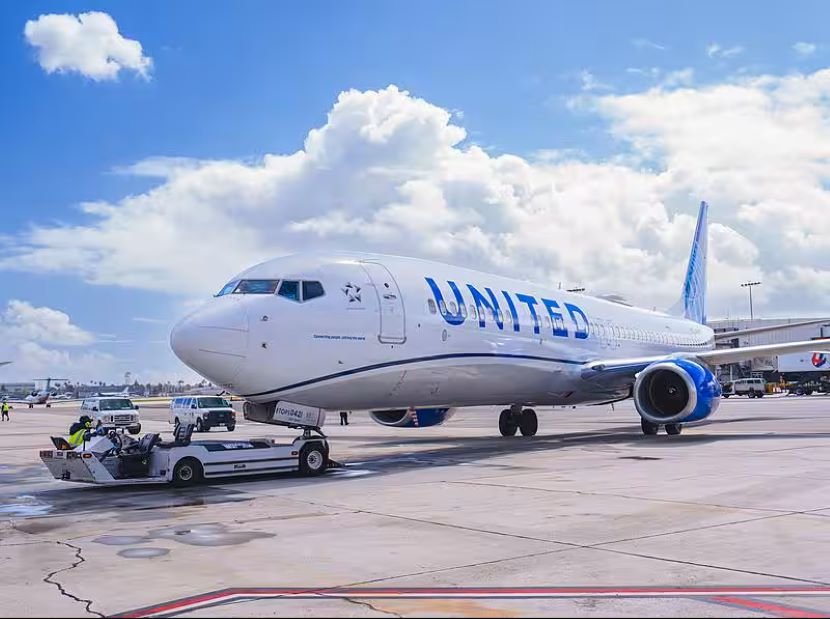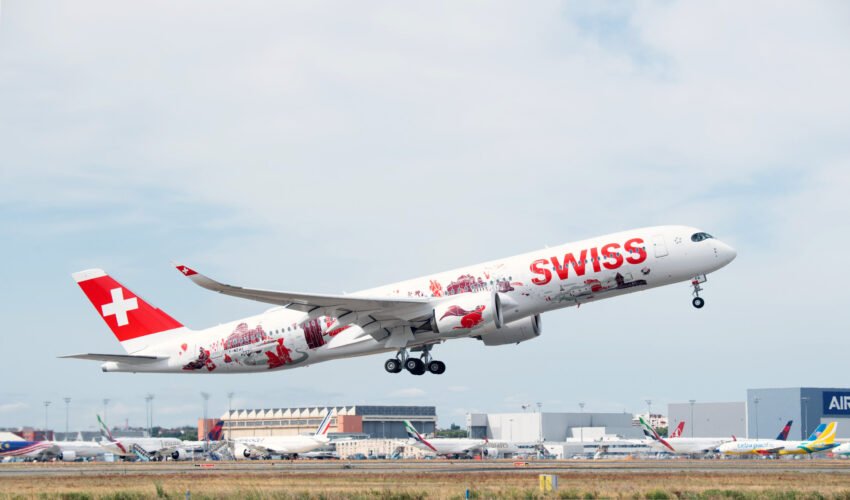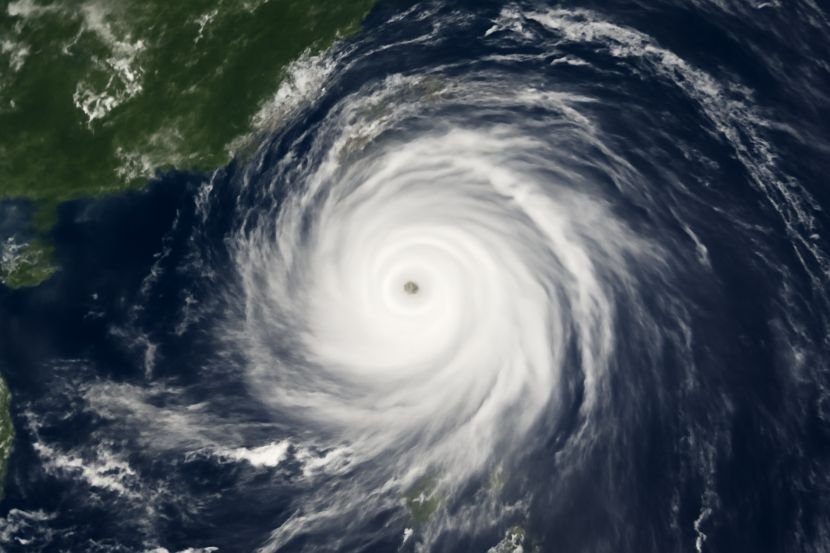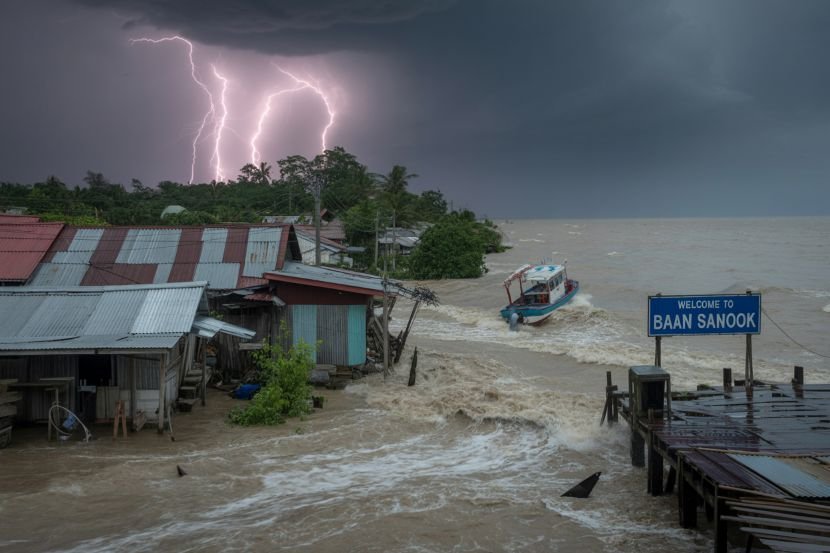Published on
September 23, 2025

Hong Kong airports are preparing to suspend all passenger operations as Super Typhoon Ragasa approaches, bringing the threat of catastrophic winds, torrential rain, and potential infrastructure damage. Authorities and airlines have taken precautionary measures to ensure passenger safety, including cancelling dozens of international and regional flights, halting online check-in services, and activating emergency response protocols. The suspension, expected to last approximately 36 hours, is necessary to protect travelers, staff, and airport facilities from the extreme weather conditions forecasted to hit the region.
Hong Kong Airlines has suspended dozens of flights as Super Typhoon Ragasa rapidly approaches, forcing extensive operational adjustments across the aviation sector. Between 22 and 25 September 2025, multiple domestic and international routes have been affected, with safety risks and infrastructure concerns compelling the airline to halt services and modify schedules. Airlines, airport authorities, and travel professionals are implementing contingency measures to manage the disruptions while prioritizing passenger safety.
Major Routes Disrupted
Flights to major destinations such as Vancouver, Sydney, Fukuoka, Bangkok, Okinawa, Hangzhou, Haikou, Tokyo, Bali, Nanjing, Shanghai, Taipei, Beijing, and Da Nang have been cancelled. Online check-in services for several flights have also been temporarily disabled, preventing passengers from completing standard pre-departure procedures. The disruptions impact both international travelers and regional commuters, creating ripple effects across transit networks, accommodation services, and airport operations.
Hong Kong International Airport is expected to suspend all passenger flights for roughly 36 hours, from the evening of 23 September through the morning of 25 September. Meteorological forecasts indicate that Ragasa could reach or exceed Category 4 intensity near the city, prompting authorities to issue emergency warnings and activate storm response protocols. Airport and airline staff are coordinating efforts to ensure that passengers are informed, assisted, and safely accommodated during the suspension period.
Passenger Rights and Airline Assistance
Hong Kong Airlines has waived all fees for rebooking, rerouting, and refunds on confirmed tickets affected by the typhoon. Passengers are encouraged to use the airline’s Special Ticketing Arrangement service to adjust travel plans efficiently. Those who booked through travel agencies or as part of tour packages are advised to contact their agents directly for support in managing changes.
The airline emphasizes the importance of checking the latest flight status before heading to the airport. Passengers should register for SMS or email alerts at least four hours prior to scheduled departures to receive timely updates. For urgent inquiries, the airline offers Live-Chat support and dedicated contact channels to address questions regarding travel adjustments, refunds, and rebooking options. These measures aim to reduce confusion, streamline assistance, and maintain passenger confidence during a period of uncertainty.
Regional and Meteorological Context
Super Typhoon Ragasa, also known in the Philippines as Nando, has intensified rapidly into one of the most severe storms of the 2025 Pacific typhoon season. After impacting northern Luzon and Taiwan, the storm is moving toward Hong Kong, bringing torrential rainfall, destructive winds, and the potential for significant infrastructure damage. The speed and intensity of Ragasa have prompted authorities to issue storm alerts, activate emergency response measures, and suspend vulnerable transportation services.
The approaching typhoon affects not only Hong Kong but also regional aviation and tourism networks. Several major airlines have already announced cancellations affecting hundreds of flights, while other carriers are preparing contingency plans to minimize disruptions. Travel professionals and airport management teams are adjusting operational strategies, reallocating resources, and ensuring that emergency procedures are fully implemented.
Implications for Travel and Tourism Professionals
The arrival of Typhoon Ragasa underscores the importance of proactive risk management and robust contingency planning. Travel agencies, tour operators, and destination management companies must closely monitor weather forecasts and airline notifications to provide accurate and timely guidance to their clients. Communicating clearly about rebookings, refunds, and flight changes is essential for maintaining customer trust and avoiding confusion.
Travel packages that include buffer time, alternative transit options, or agreements with airlines for flexible cancellations are likely to be more resilient during disruptions. Agencies and operators that anticipate potential delays and incorporate contingency measures can reduce the impact of extreme weather on travelers and protect their business reputation.
For airport and airline executives, the storm highlights the critical need for resilient infrastructure, operational systems capable of handling extreme weather, and effective passenger management strategies. Accurate forecasting, rapid response protocols, and transparent communication channels are essential for maintaining operational continuity. Investments in these areas improve the industry’s ability to handle crises while minimizing disruptions to passengers and cargo.
Operational Flexibility and Strategic Lessons
Typhoon Ragasa illustrates how weather-related risks increasingly shape airline operations, travel planning, and service reliability across the Asia-Pacific region. Airlines with flexible operational frameworks, agile scheduling systems, and effective customer support protocols can respond more effectively during storm events, limiting cancellations and delays. Similarly, travel businesses that anticipate disruptions and maintain clear communication channels can preserve customer loyalty and enhance their competitive advantage.
Airline and airport operations are not the only areas affected; hotels, transport providers, and tourism services also face challenges in accommodating displaced passengers. Coordinated planning across the sector is crucial to ensure that travelers receive timely assistance and alternative options during storm disruptions. This level of coordination improves overall resilience and reduces the risk of operational breakdowns.
Hong Kong airports are preparing to suspend all passenger operations as Super Typhoon Ragasa approaches, with catastrophic winds and heavy rainfall forcing flight cancellations and emergency safety measures to protect travelers and infrastructure.
The approach of Super Typhoon Ragasa highlights the growing impact of severe weather on aviation and tourism operations in the region. Hong Kong Airlines’ proactive flight suspensions, fee waivers, and passenger support services demonstrate the importance of safety-focused decision-making. Travel professionals must prioritize contingency planning, clear communication, and operational flexibility to navigate extreme weather events effectively.
As climate-related risks continue to influence travel patterns and operational stability, industry stakeholders must adopt responsive systems, establish robust crisis management frameworks, and implement clear customer policies. By doing so, airlines, airports, and travel agencies can safeguard passengers, maintain service reliability, and strengthen their resilience in the face of increasingly unpredictable weather events.









